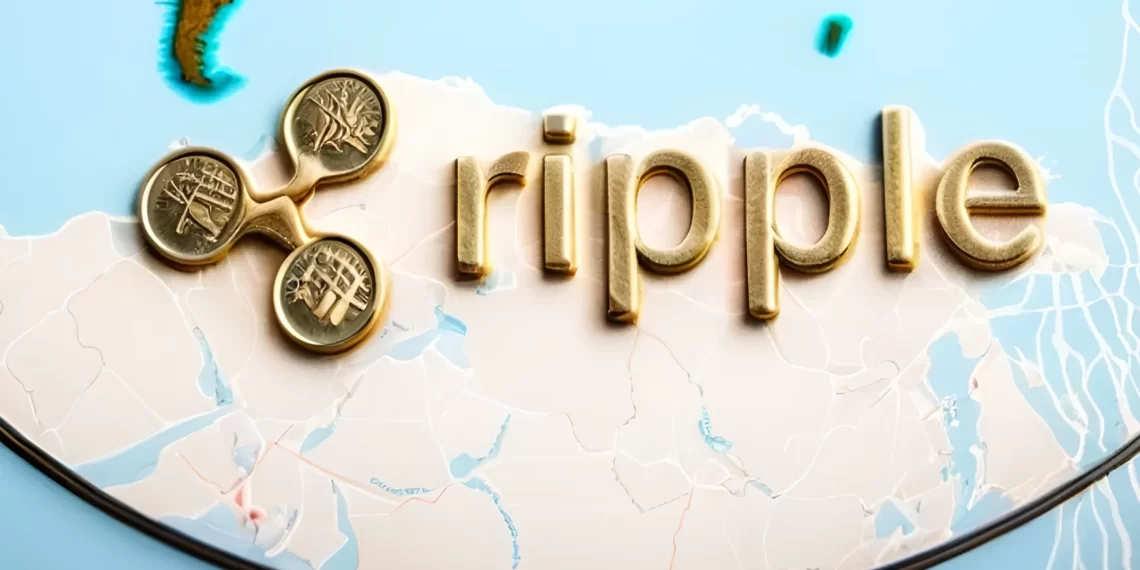On-demand liquidity (ODL) operations in the US have undergone significant adjustments, as reported by Ripple in its court filing yesterday, contesting the US Securities and Exchange Commission’s (SEC) move for remedies and final judgment. As the filing made clear, its US-based ODL services now use Tether (USDT) as a bridge currency instead of XRP.
Reasons Ripple Selected USDT
The SEC lawsuit’s summary ruling, which determined that institutional sales were subject to US security regulations, prompted this tactical change. Since the decision, non-US firms have been the only parties with contracts for XRP sales to ODL consumers. The document clarifies that “a non-XRP bridge currency is used by the company’s remaining ODL business in the United States.”
Prominent member of the XRP community Crypto Eri (@sentosumosaba) provided details of an internal correspondence that Ripple President Monica Long commented on on social media site X. As long as it said:
We moved quickly after the Order to switch all US-based ODL customers from utilizing XRP as the ODL bridge currency to USDT (or the contract was terminated). Until Legal approves something different, we should keep using USDT (or BTC or other verified stablecoins) for US-based flows.
The corporation made this adjustment to ensure its service offerings comply with US legal norms while continuing to support international operations largely unaffected by the SEC’s examination. The email highlights how vital the Singapore subsidiaries are strategically, as they now manage most of the contractual arrangements for XRP sales to new ODL clients, especially those based outside of the US. Long notes:
For Commitment to Sell XRP contracts to new ODL customers, the majority of which are overseas, Ripple’s Singapore subsidiaries have been the central contracting entity. Additionally, non-US firms have only entered contracts as contracting parties for XRP sales to ODL consumers since the Order.
The reorganization of Ripple’s business model highlights an essential operational and regional shift. Leveraging the financial corridors between non-US companies and nations, most of ODL’s customers are in the Asia-Pacific area. This was made possible by the Monetary Authority of Singapore’s license of Ripple Markets APAC Pte Ltd, as Long went on to say:
We should continue using our overseas subsidiaries, which have legal authorization from local authorities to carry out this kind of business, to service our ODL clients.
Ripple’s Financial Dependence on XRP Sales Revealed in Court Filing
Additionally, the court filing disclosed the company’s operating plans and financial reliance prior to the SEC complaint. Anthony Bracco, Ripple’s accounting expert, determined that without the money from XRP sales, the company would have lost from April 1, 2014, to December 22, 2020. This particular detail demonstrates the monetary influence that XRP sales had on Ripple’s overall stability as a business throughout that time
Bracco determined that Ripple had paid [redacted] income taxes and operating expenditures. According to the filing, Ripple suffered a loss of [redacted] after deducting those costs from its pre-complaint Institutional Sales revenue, which totals [redacted], and income taxes, which also total [redacted].
XRP traded at $0.549 at the time of publication.


























